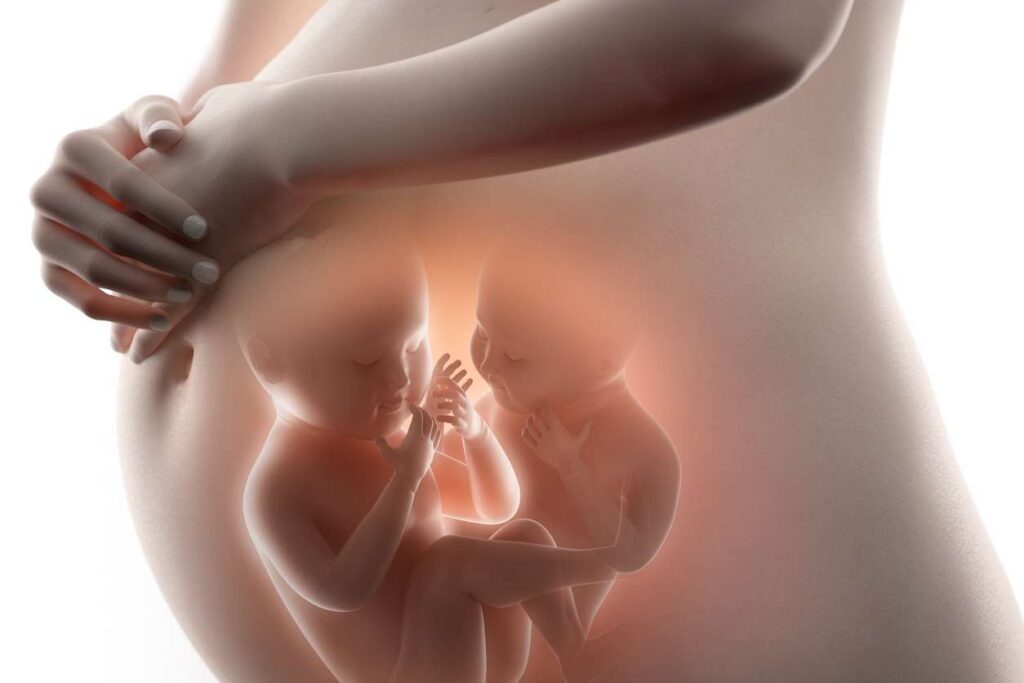For many women, the most common symptoms of morning sickness are their first signs of pregnancy. Morning sickness is also known as nausea/vomiting of pregnancy (NVP), emesis gravidarum, or pregnancy sickness. However, many would prefer to call it “anytime sickness,” as the nausea can come and go (or even be worse at other times of day, such as in the evening).
Almost 80 percent of all pregnant females experience morning sickness. The stereotype of morning sickness is a pregnant woman who throws up as soon as her feet hit the floor in the morning, but most moms report a variety of symptoms. Some throw up frequently, some are nauseated all day, and some just have nausea triggered by certain smells or foods.
When does it start and end?

For most women, morning sickness begins around week 6 of pregnancy, although a few moms report feeling nausea as early as 4 weeks pregnant (which is only 2 weeks after conception!). Most commonly it starts around 6 weeks, gets worse and peaks around 9 to 10 weeks, and then decreases as you get closer to 12 to 14 weeks. If you’re counting the days to start feeling better, morning sickness begins to improve around 12 to 14 weeks (so around the start of the second trimester). However, one in five women endures morning sickness into their second trimester, and an unfortunate few experience nausea and vomiting all the way up to delivery. Oof.
Occasionally, nausea may resurface in the third trimester as the baby gets bigger or with twins and squishes your stomach and intestines (which doesn’t make for the most comfortable digestion).
Carrying twins?

Take a breather! While carrying twins, morning sickness does not start earlier but then it may be more severe once it does start.
If you’re pregnant with twins, you have higher levels of pregnancy hormones — such as progesterone and HCG — are responsible for sickness in the first place, and therefore might experience more severe morning sickness
Is it okay if I don’t feel any morning sickness at all?

Thank your stars! You are one of the lucky 20 to 30 percent of women who don’t experience morning sickness during pregnancy.
It can be unsettling when people ask, “How are you feeling?!” and you guiltily reply, “I’m totally fine!” — only to get weird looks from them. But it doesn’t stop there, they make you hear stories of how they threw up every day for months and what were the smells that triggered them.
Be assured that every pregnant woman should not be experiencing morning sickness. There are plenty of women out there who have completely healthy pregnancies without feeling sick at all. If you’re really worried about your lack of sickness, reach out to your OB-GYN. They’ll be more than happy to help and reassure you or even check out your baby to make sure everything is fine.
7 things no one tells you about morning sickness
- Don’t know who named this as “Morning sickness” but this isn’t exclusively reserved for “morning.”
- There are a number of home remedies that can help treat the symptoms of morning sickness.
- Whether you’re carrying a boy or girl, it has nothing to do with how bad your morning sickness is, when it starts or what it triggers. (Well, virtually nothing.)
- Morning sickness with one pregnancy doesn’t guarantee your next one will be one too. Similarly, the previously triggered smell or food won’t necessarily trigger for the next..
- Your baby inside will get enough nutrients, even if you’re having trouble keeping food down.
- What made your friend or sister feel better won’t necessarily work for you. You’ll have to know what will make you feel better.
- And our final myth: Morning sickness is part of pregnancy so you just have to suck it up and deal. You don’t just have to deal with it in silence because it’s part of the pregnancy package. Incase you are unable to deal with it in conventional methods or home remedies, reach out to your OBGYN

